Not planned by the Ministry of Education and Training as a national key university, many schools have applied to be added.
On November 30, the Ministryof Education and Training held a seminar to contribute ideas to the draft planning of the network of higher education and pedagogical institutions for the 2021-2030 period, with a vision to 2050.
Mr. Nguyen Anh Dung, Deputy Director of the Department of Higher Education, Ministry of Education and Training, said that according to the draft, by 2030, the whole country will have about 250 higher education institutions and 50 branches belonging to 200 key institutions, with the orientation of distribution according to regions.
Of these, there are about 30 national key schools, including 5 national universities, 5 regional universities and about 18-20 key industry schools.
List of 30 national key universities
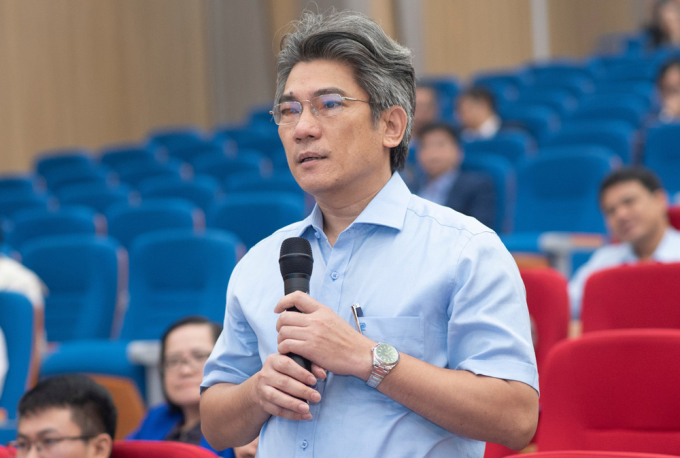
Professor Nguyen Hai Nam, Rector of Hanoi University of Pharmacy, spoke at the seminar on the morning of November 30. Photo: MOET
Representatives of universities expressed their agreement with the Ministry’s draft, saying that in the context of limited budgets, it is reasonable to focus investment on national, regional and key universities instead of spreading investment. However, the universities also hope that the Ministry will consider and expand the list of key universities in the industry.
Professor Nguyen Hai Nam, Rector of Hanoi University of Pharmacy, said that national universities, regional universities and national key universities must be the leading schools, providing high-quality human resources to work as lecturers in schools... According to Mr. Nam, the rate of postgraduate training in these schools must reach at least 20% of the total training scale, avoiding the situation where key universities receive more investment but are chasing after expanding university enrollment quotas.
Since the Covid-19 pandemic, the pharmaceutical industry has been considered important, but currently the whole country has only one specialized school, Hanoi Pharmacy. The school trains lecturers for most medical and pharmaceutical schools or pharmacy faculties in the country. The Ministry of Education and Training also assigned the school to develop training standards and many other leading tasks.
"Therefore, I propose to add Hanoi University of Pharmacy to the list of national key schools," said Mr. Nam.
Mr. Dinh Cong Tuan, Vice Principal of Hanoi University of Culture, said that the list of 18 key national universities "is not representative and comprehensive in the fields of culture, sports and tourism". The list proposed two training institutions under the Ministry of Culture, Sports and Tourism, including the Vietnam National Academy of Music and the Hanoi University of Theatre and Cinema. According to Mr. Tuan, choosing two schools in the field of art and training in a single field as above would not be comprehensive.
Currently, the Ministry has 9 universities and 4 academies in the fields of culture, arts, tourism, and sports. In the field of arts, there are many different majors such as Fine Arts, Music, Theater, Dance, Circus, etc.
Mr. Tuan proposed that key schools in culture or art should be determined based on multidisciplinary criteria, and there should also be schools in the field of sports. In addition, key facilities should be considered and evaluated on other criteria such as enrollment, teaching staff, training scale, student size, facilities, educational quality assessment, and the tradition of the training facility.
Mr. Tran Ha Thanh, Vice Principal of the University of Transport Technology, also proposed that the Ministry consider including the school in the list of key schools. In 2016, the school was approved by the Prime Minister to become a national key school in the transport sector in the direction of application and technology.
"After the discussion, the school and the Ministry of Transport will send a document to the Ministry of Education and Training," said Mr. Thanh.
Similarly, the leaders of the University of Mining and Geology also said that their school has key industries such as oil and gas, mineral resource exploitation..., and hoped that the drafting team would add the structure of technical industries to the above list.
Ms. Pham Thu Huong, Vice Principal of Foreign Trade University, said that the selection and investment in key schools must ensure that there is no inequality in the development of higher education and must be based on the quality of output and the ability to mobilize resources of the institution.
According to Ms. Huong, instead of listing key schools, the Ministry needs to set out specific conditions to become key schools and have a flexible mechanism in selection and development.
"We hope to have a fair mechanism so that even though we are not on the list of key schools, we will not lose our competitive advantage," said Ms. Huong.
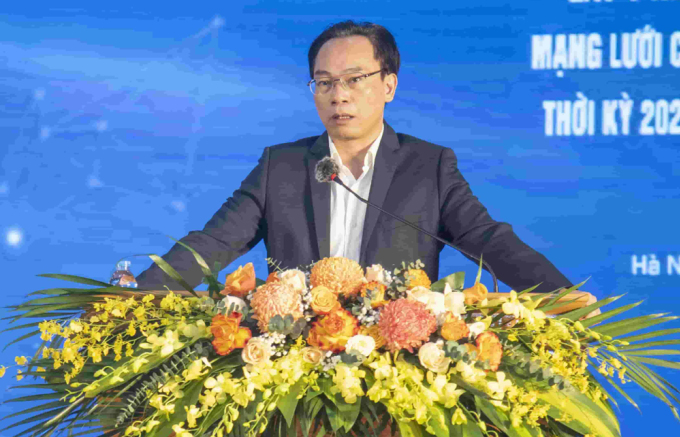
Deputy Minister of Education and Training Hoang Minh Son at the discussion on the morning of November 30. Photo: MOET
Deputy Minister of Education and Training Hoang Minh Son said that the Ministry wants to include as many key schools as possible in the planning, and the entire university education system must be invested in.
"But if there are many proposals, it will no longer be a priority because the state's investment resources are limited," Mr. Son explained. There are schools with very good achievements, but it is necessary to base on whether they are key areas that the state must invest in or not. The principle of selection is key areas and sectors, closely following the Party's resolutions, prioritizing schools of education, medicine, science and technology, law, etc.
"All industries are important, but we consider including what is key to economic growth, productivity...," said Mr. Son.
Next week, the Ministry is expected to work with ministries and branches, but each field will only identify 1-2 key schools.
"Schools that are not included in the national key industry list do not mean they are not receiving investment," he added.
Vietnam currently has 244 higher education institutions, including two national universities under the government, three regional universities under the Ministry of Education and Training, and schools under various ministries. By 2030, the total training scale is expected to reach 3 million people.
Dawn
Source link










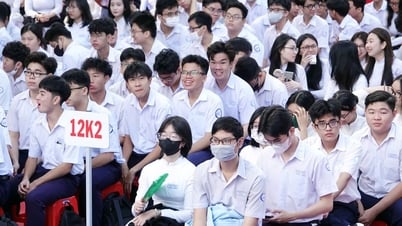

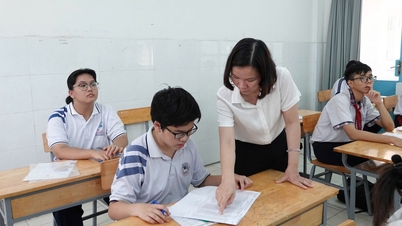


























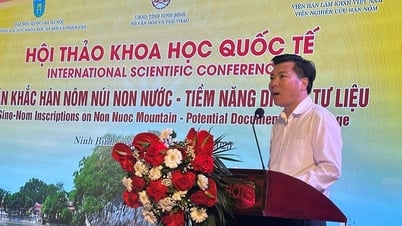





















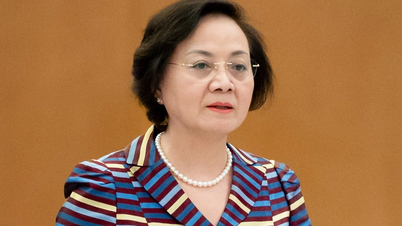

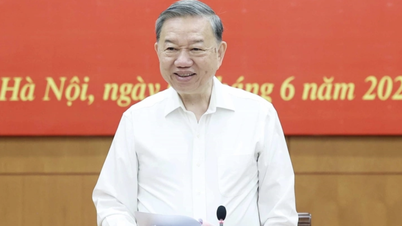











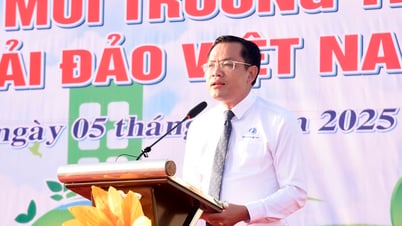
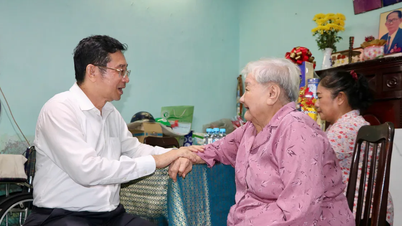

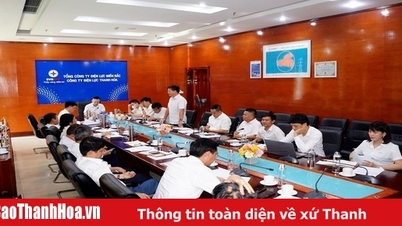





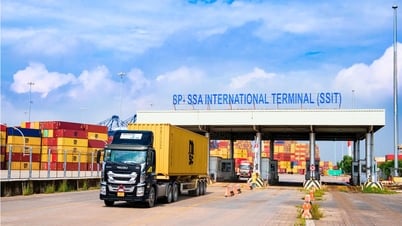












Comment (0)